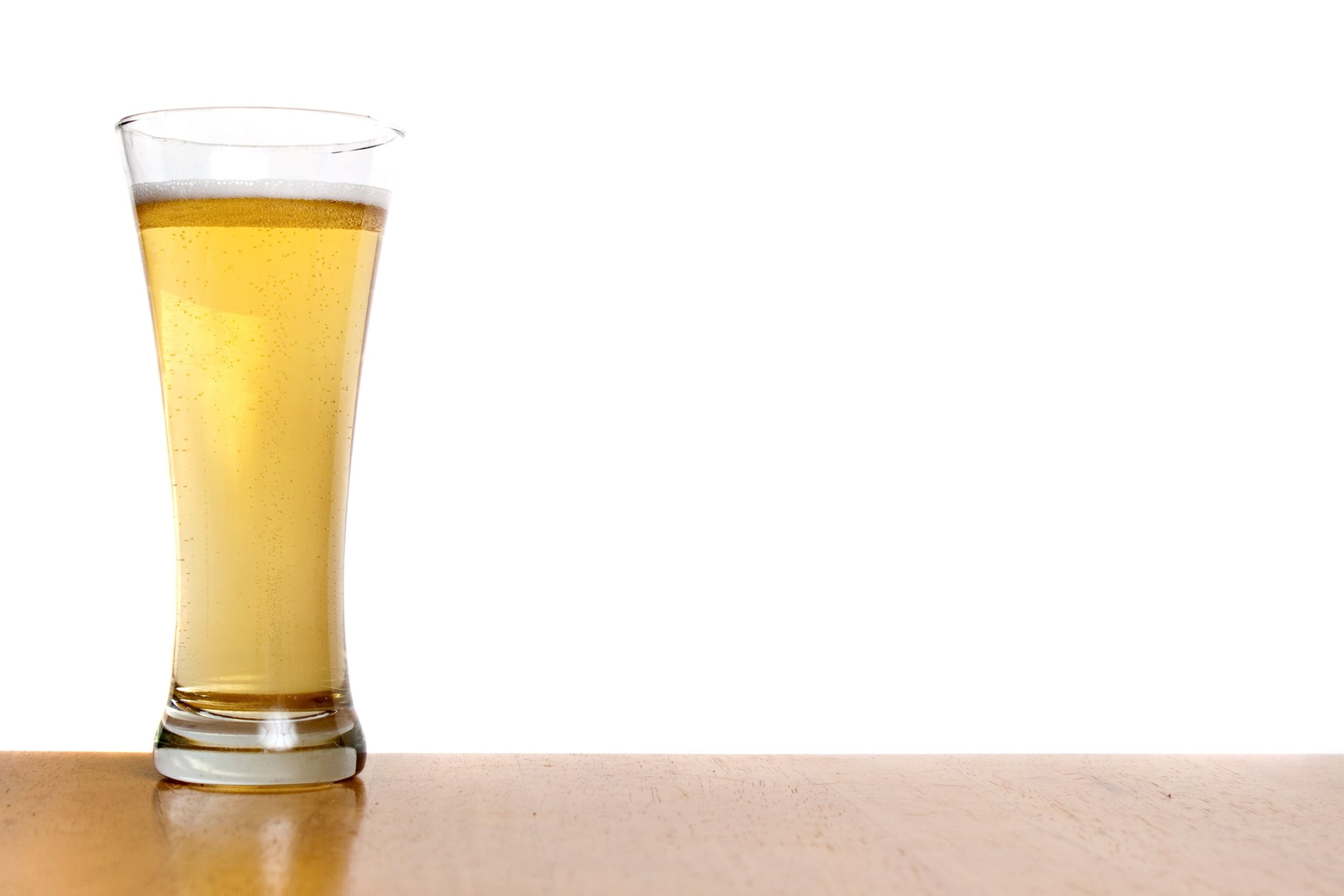Drugs & Alcohol in Sport
Drugs and alcohol are often associated with sporting clubs, but their effects can be detrimental to the health of athletes, their performance, and the culture of the club. The use of drugs and alcohol can have numerous negative effects on sporting clubs, including depression, emotional effects, and mental illness. It is essential to understand these effects and know where to seek help. Depression is a common emotional effect of drug and alcohol use, which can lead to serious consequences, such as suicide. The use of drugs and alcohol can cause feelings of hopelessness and worthlessness, and when combined with the pressures of sport, the likelihood of depression can increase. Depression can have long-term negative effects on an individual's physical and emotional well-being and should be treated seriously.
The emotional effects of drug and alcohol use can also impact the culture of the sporting club. Individuals who are under the influence of drugs or alcohol may exhibit aggressive or reckless behaviour, leading to a breakdown of team dynamics and cohesion. This behaviour can also create an unsafe environment, putting others at risk.
The use of drugs, such as amphetamines and steroids, can cause mental illness. Amphetamines, which are used as performance-enhancing drugs, can cause paranoia, hallucinations, and delusions, while steroids can cause irritability, mood swings, and aggression. These mental illnesses can have long-lasting effects, and in some cases, can lead to permanent damage.

Seeking help is essential for individuals who are struggling with drug and alcohol addiction. Sporting clubs can play a critical role in this process, by providing resources and support for athletes. Athletes who are struggling with addiction should be encouraged to seek help from professionals, such as counsellors, therapists, and addiction specialists. Additionally, sporting clubs should work to create a culture that is less focused on drug and alcohol use, and more focused on healthy behaviours and attitudes.
In conclusion, drugs and alcohol can have detrimental effects on the health and well-being of athletes and the culture of sporting clubs. Depression, emotional effects, and mental illness are just some of the negative consequences of drug and alcohol use in sporting clubs. It is essential to understand these effects and seek help when needed. Sporting clubs should work to create a culture that is less focused on drug and alcohol use and more focused on healthy behaviours, such as exercise, nutrition, and mental wellness. By doing so, individuals can enjoy the benefits of sports while minimizing the risks associated with drug and alcohol use.

Jake Edwards
OTLR’s founder, Jake
Edwards, speaks about his experience
as a professional AFL player, living
with depression, attempting suicide
and launching OTLR.
*Trigger Warning*
Todd Morgan
CEO Todd Morgan explains his passion behind OTLR and what has brought him to want to change and save lives across Australia.
*Trigger Warning*

